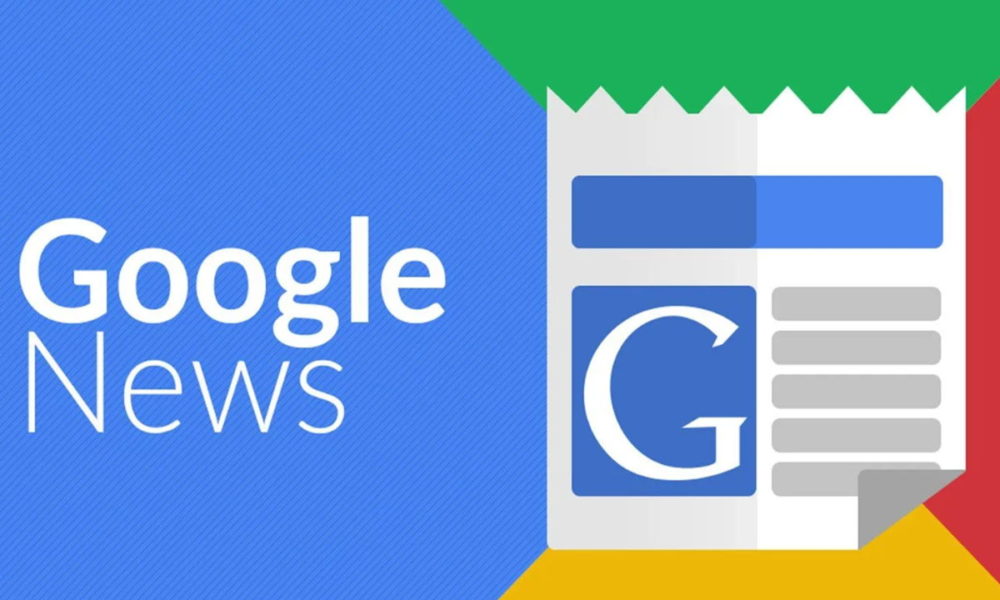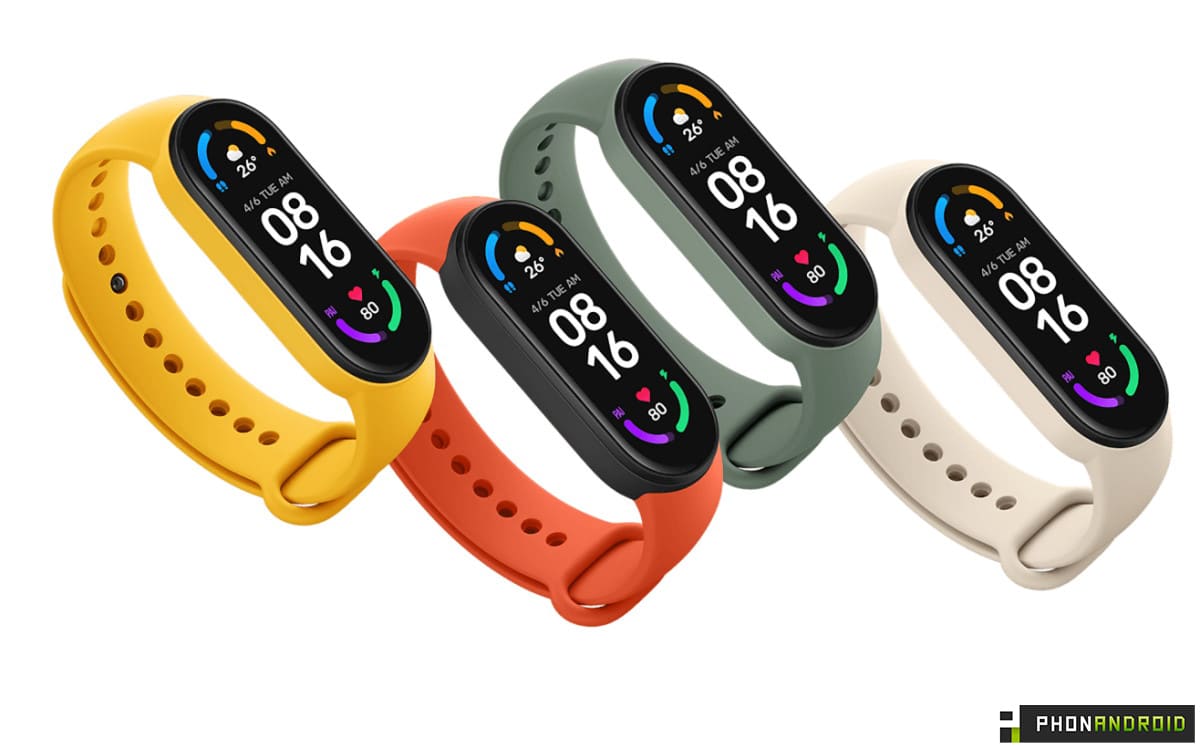
As healthcare communications are experiencing profound transformation due to cutting-edge technologies being integrated, our investigation will delve into their complex effects on patient-doctor communication – with particular reference to the contribution of an influential medical transcription services company in making these advances accessible for use by their users.
Digital Platforms for Seamless Communication
Digital platforms have completely revolutionized how patients and healthcare providers communicate. Secure messaging apps, telemedicine platforms, electronic health records, and electronic health records are now among many of the means available for communication channels – providing easy ways for patients to stay in touch with healthcare providers regardless of distance constraints.
Digital solutions have not only revolutionized communication processes but also introduced an entirely new era of patient-centric care. Telemedicine, for instance, has revolutionized remote consultations, giving access to healthcare services right from within one’s own home. Electronic health records play an essential role in this transformation by providing real-time sharing of vital medical data between healthcare providers while encouraging active involvement by patients themselves in their healthcare journey.
Integration of Medical Transcription Services
At the core of this communication evolution lies the seamless integration of medical transcription services into the healthcare landscape. These services, leveraging advanced technologies, play a pivotal role in transforming spoken words into accurate and secure written records. Imagine an ideal scenario in which physician consultation notes are effortlessly transformed into an organized medical history record that’s accessible both for doctors and their patients alike. Such technology could keep a medical history organized while making critical information readily available when it’s needed most – providing greater peace of mind to both parties involved in care delivery.
The integration of medical transcription services extends beyond the conventional realm of record-keeping. Communication technology serves as an enabler, improving efficiency and accuracy when exchanging healthcare-related information between healthcare providers and patients, providing for clearer understanding of medical conditions and treatment plans. Transcribed records also act as tangible links that link healthcare providers and patients together directly.
Empowering Patients through Health Information
Technology’s transformative power goes far beyond improving communication processes; it is also revolutionizing patient health care with increased access to their health records and care plans. Patient portals and electronic health records give individuals unprecedented control of their medical history, test results, and treatment plans; thus encouraging patients to actively take part in their healthcare journey while creating an atmosphere in which ownership and responsibility for well-being can flourish.
Empowering patients through health information marks a paradigm shift in healthcare communication dynamics. Engaged and informed patients become active participants in decision-making processes for their care, marking an unprecedented change to healthcare communication processes.
Enhanced Decision-Making with Accurate Records
Accurate and transparent medical records play a critical role in healthcare decision-making processes within the ecosystem. Healthcare providers using accurate records are better informed to diagnose patients more precisely and create more tailored treatment plans, while patients armed with accurate health information are better equipped to actively engage in discussions with their doctors, creating an approach to decision-making that fosters mutual trust between providers and patients alike.
The significance of accurate records extends beyond individual patient care. In the realm of medical research and public health, the availability of precise data sets contributes to advancements in scientific knowledge and the development of innovative healthcare solutions.
The Importance of Technology in Ensuring Patient Privacy
Amid this technological revolution, it is paramount to underscore the importance of patient privacy within the healthcare framework. Accurate and secure medical records, generated with the assistance of a medical transcription services company, contribute significantly to the confidentiality of sensitive health information. As healthcare technology becomes an integral component of care delivery, protecting patient confidentiality remains of utmost importance.
Privacy concerns in healthcare can span multiple dimensions, from protecting personal medical histories to guarding sensitive diagnoses. Medical transcription services address these worries by employing stringent security measures during transcription and storage of records; by employing encryption protocols they ensure patient information remains inaccessible to third parties and remains protected as intended.
Sum Up
Patient-doctor communication reflects the significant positive contributions technology makes to healthcare. From digital platforms that facilitate seamless interaction to medical transcription services that ensure accurate documentation, these advances demonstrate technology’s transformative role. While technology helps facilitate transparent and collaborative healthcare dynamics, its role extends far beyond simple communication–it ensures patient privacy through accurate medical records that ensure patients’ well-being as they navigate this transformative era. Let us recognize its contribution toward building an atmosphere focused on transparency, collaboration, and patient well-being.



